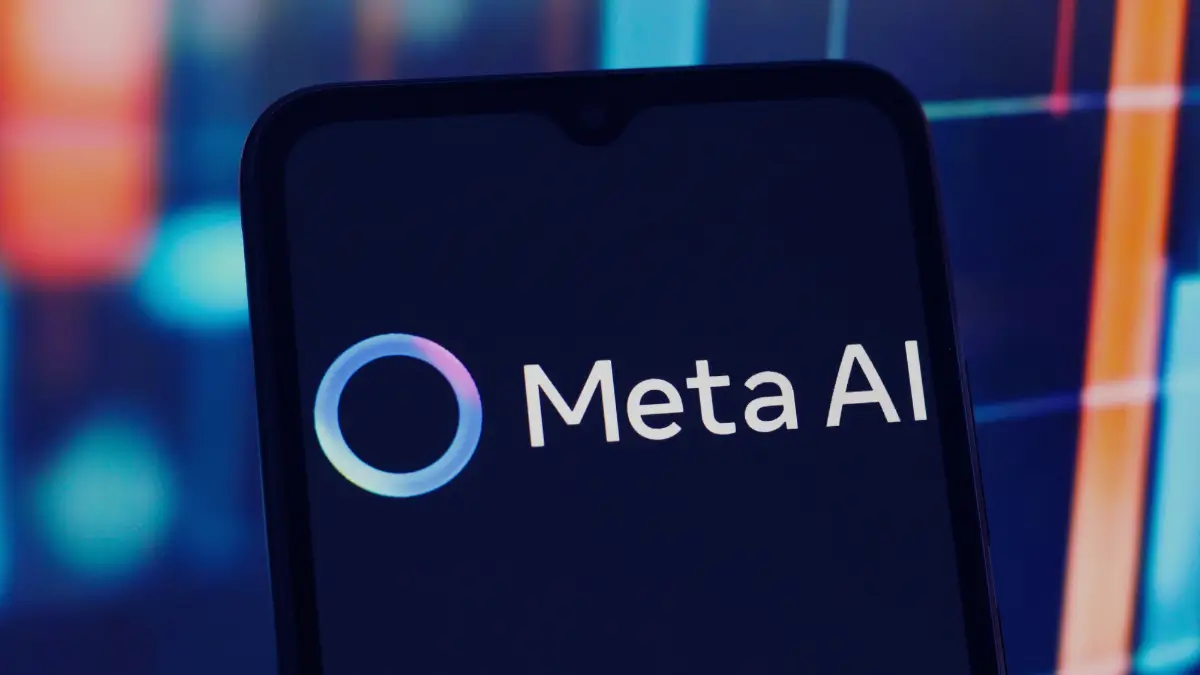The AI world is buzzing again—and this time it’s Meta, the tech giant formerly known as Facebook, shaking things up with another major restructuring of its artificial intelligence (AI) team. This move, aimed squarely at accelerating the development of what’s called “superintelligence,” has caught attention across America. But what does this mean for everyday Americans—from students diving into STEM fields, to businesses embracing the latest tech, to job markets poised for change? Let’s break it down in a way that connects the dots to your world.
Why Meta’s AI Shakeup Is Making Headlines in the USA
Meta’s ongoing AI reorganization is no small shuffle. It’s part of a bigger race in 2025 where tech companies across the USA and globally are sprinting to unlock deeper AI capabilities. The word “superintelligence” might sound like something from a sci-fi movie, but this refers to AI systems that could greatly surpass human intelligence in many fields.
For Americans, this isn’t just high-tech news for Silicon Valley insiders. It’s about how AI tools could soon reshape classrooms, workplaces, and even how businesses compete on a global stage. For example, imagine students in California using AI tutors that adapt to their learning styles or small businesses in Texas automating tasks once thought impossible without large teams. This latest Meta move signals big shifts coming fast, and American industries and consumers need to stay ahead.
A Deep Dive: What Is Meta Changing in Its AI Team?
This restructuring involves changing leadership roles, regrouping research teams, and sharpening the focus on AI projects that aim to build that “superintelligence.” Companies like Meta understand that being nimble and focused is key to winning in AI’s future. In practical terms, this means the company is doubling down on the latest AI models that can learn, think, and adapt more efficiently than ever before.
For everyday Americans, especially professionals in tech and related fields, this means new kinds of job skills will be in demand. AI engineers, data scientists, and even managerial roles that oversee AI project ethics or implementation strategies will grow more critical. It could also spell fresh collaboration opportunities between American universities and the tech sector—boosting STEM education and innovation hubs.
Also read:- Databricks Raising Funds at $100 Billion Valuation
How This Could Impact Jobs and the Economy in the USA
One big question on Americans’ minds is what Meta’s AI ambitions mean for jobs. While there’s some understandable worry about automation replacing roles, the reality is nuanced. New AI technologies often bring job shifts rather than pure job cuts. For instance, AI could free up professionals in healthcare or finance from routine tasks, letting them focus on complex problems requiring human empathy and judgment.
Additionally, as Meta evolves its AI capabilities, it could fuel entire new markets and startups right here in the USA. Cities known for tech innovation, like Seattle and Austin, might see emerging businesses leveraging these AI breakthroughs. This wave of AI growth could encourage American entrepreneurship, causing ripple effects that enhance the economy and job creation.
The Student and Education Angle: Preparing America’s Future Workforce
American students will also feel the impact. As Meta pushes the boundaries in AI, educational institutions may update curricula to include cutting-edge AI research and applications. Students interested in computer science, machine learning, or robotics might find themselves working sooner with technologies Meta develops or inspires.
Imagine a student in Boston using AI-powered platforms to solve real-world issues—from climate modeling to personalized medicine development—these innovations could be directly shaped by companies like Meta. By staying current with such AI transformations, American students can prepare for a future workforce that’s not only tech-savvy but also creative and adaptive.
Businesses and Consumers: What to Expect with Meta’s AI Evolution
From a business perspective, Meta’s AI restructuring in 2025 signals more sophisticated tools on the horizon for American companies. Whether you’re running a startup in New York or managing a retail chain in Chicago, AI advancements could bring enhanced data insights, better customer personalization, and smarter automation.
Consumers will likely notice smarter AI interactions, from voice assistants that understand context more deeply to social media feeds that highlight more relevant content without overwhelming users. This could improve how Americans engage with digital platforms both for work and leisure.
Furthermore, the US government and regulatory bodies will be watching these AI developments closely. As Meta and others push for superintelligence, policies around privacy, ethics, and AI safety will be crucial in shaping how these technologies serve the public good.
Looking Ahead: What’s Next in Meta’s AI Journey and Its USA Impact?
As Meta resets its AI priorities in 2025, the company joins a broader global wave striving for AI that can solve increasingly complex problems. For Americans, this pursuit is a double-edged opportunity—one that promises innovation and improved quality of life but also demands readiness to adapt.
What’s on the horizon? More AI-driven products that blend seamlessly into daily life, reshaped industries with new job roles, and an educational focus that prepares Americans better than ever for the future. Meta’s AI restructuring is not just a corporate move—it’s a signpost for what’s coming next in the USA’s tech landscape and workforce evolution.
Staying informed and involved in this AI revolution will help Americans harness these advancements positively, shaping a future where technology and humanity grow stronger together.


1 thought on “Meta Restructures AI Group Again in Pursuit of Superintelligence”